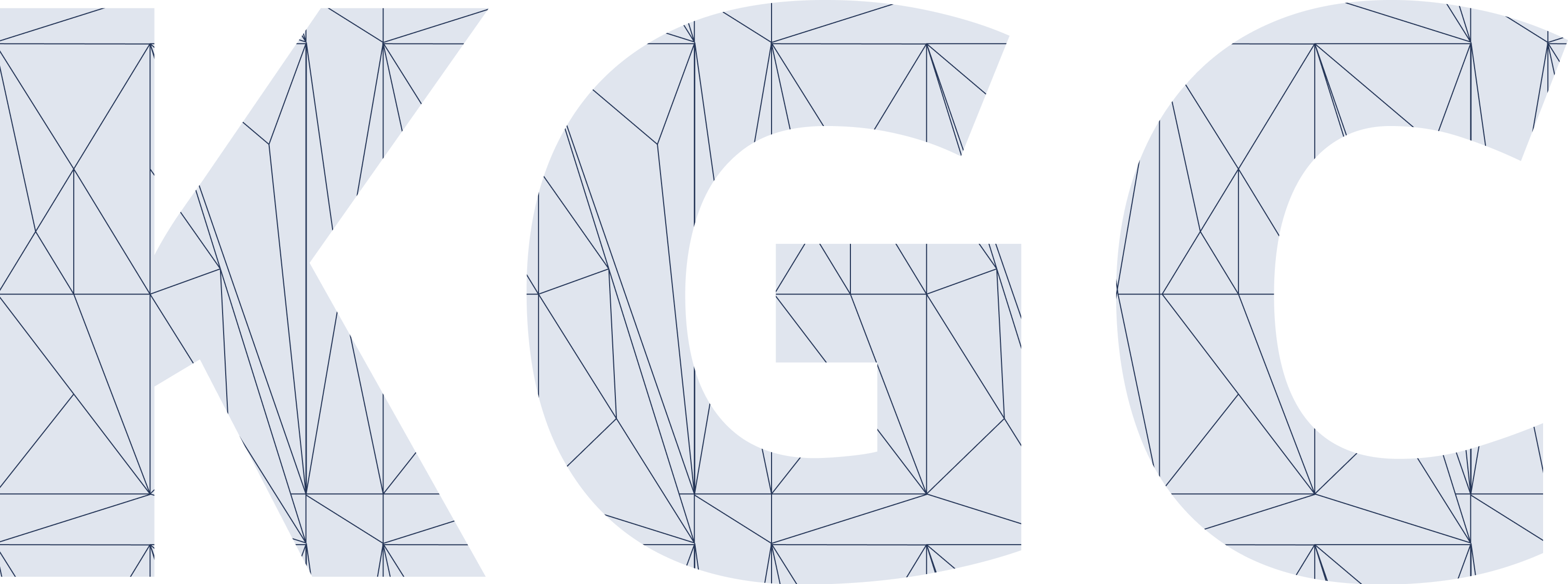Steven Gustafson
Dr. Gustafson is the CTO at Noonum, a FinTech startup that delivers insights on companies and markets using advances in NLP and AI. He received his PhD in Computer Science and Artificial Intelligence from the University of Nottingham, UK, where he was a research fellow in the Automated Scheduling, Optimisation and Planning Research Group. Shortly thereafter, Dr Gustafson was awarded IEEE Intelligent System’s “AI’s 10 to Watch” for his work in algorithms that discover algorithms. For 10+ years at GE’s corporate R&D center he was a leader in AI, successful technical lab manager, all while inventing and deploying state-of-the-art AI systems for almost every GE business, from GE Capital to NBC Universal and GE Aviation. He has over 50 publications, 13 patents, was a co-founder and Technical Editor in Chief of the Memetic Computing Journal. As the Chief Scientist at a Knowledge Platform software company for 3 years, he invented and architected new AutoML and NLP microservices for industrial customers while growing an international data science and research team. With a passion for solving problems and innovation, Steven is excited about Noonum’s opportunity to use AI to deliver insights and enable better decisions in financial markets and other industries.
2021 Talk: Connecting the Dots with Knowledge and Data to Enable Analogical Reasoning
Knowledge graphs provide a way for us to capture and relate information into a representation that can mimic expert knowledge. One type of expert knowledge that has proven to be particularly useful in industry is reasoning by analogy, or using a replacement problem and solution pair to think about the solution to a new problem. At opposite ends of the ‘representation spectrum’ are logic systems, which can easily become overly constrained and complex, and statistical approaches, which can be easily influenced by nonsensical data. In this talk, I describe challenges and successes I’ve seen using analogical reasoning and how a knowledge graph approach combined with statistics and data can overcome deficiencies in both methods. To illustrate the case, I’ll demonstrate how our financial decision support application leverages analogical reasoning in several places to answer challenging questions when evaluating organizations.
2019 Talk: Optimizing Oil Shipping with a Computational Knowledge Layer
Enterprises are focused on enabling digital transformation and optimization of their operations and business decisions. The strategy for digitization involves the capture and reuse of knowledge that is used to make decisions and refined through experience and learning. Knowledge graph technology is helping to address digitization by providing critical context and interoperability of data. The optimization of decisions, which usually includes an analytic or machine learning model, can result in a new form of silo within the enterprise. In this talk, using a real-world, customer case study of Oil Shipping, I describe how we can break down the analytic model silo with the creation of services and functions that implement key decision logic over the knowledge graph to form an enterprises computational knowledge layer.

